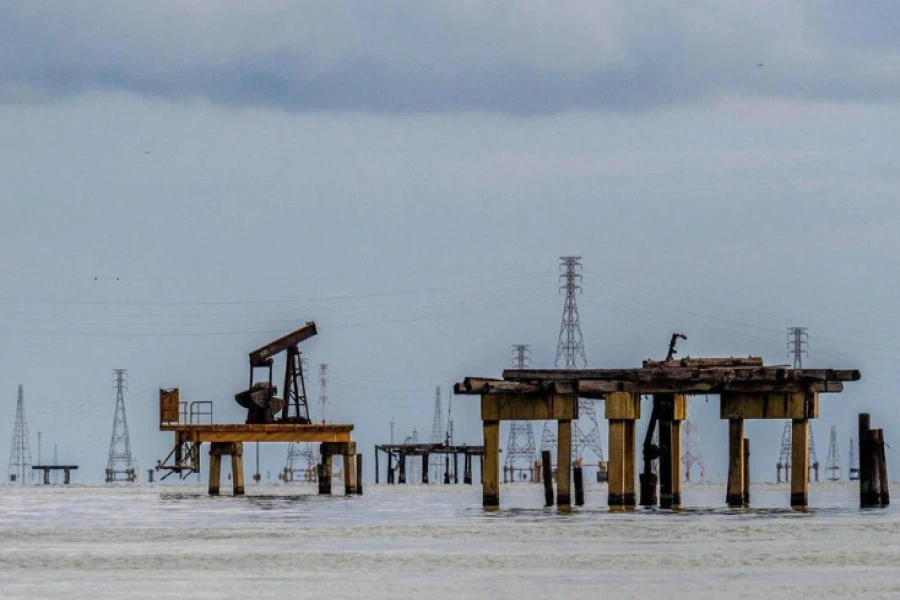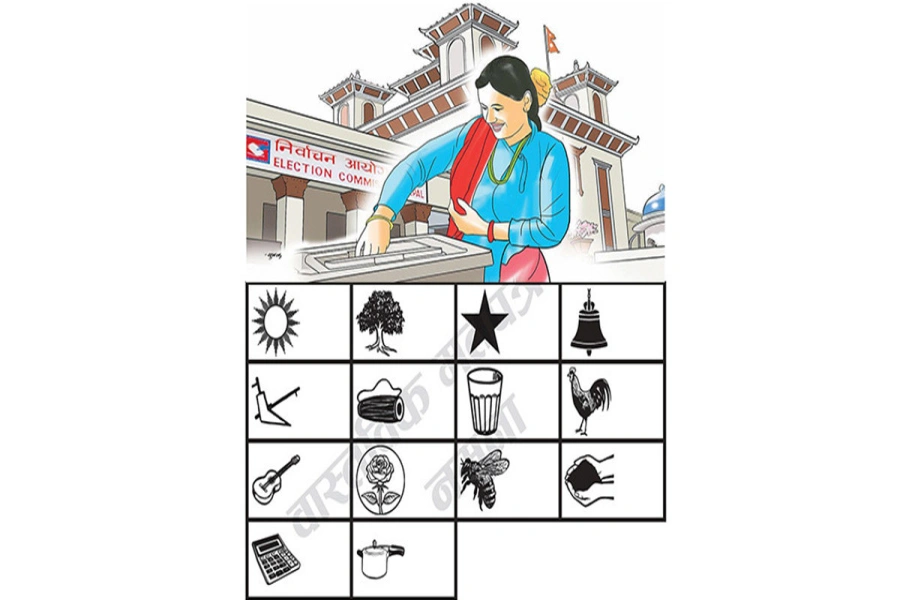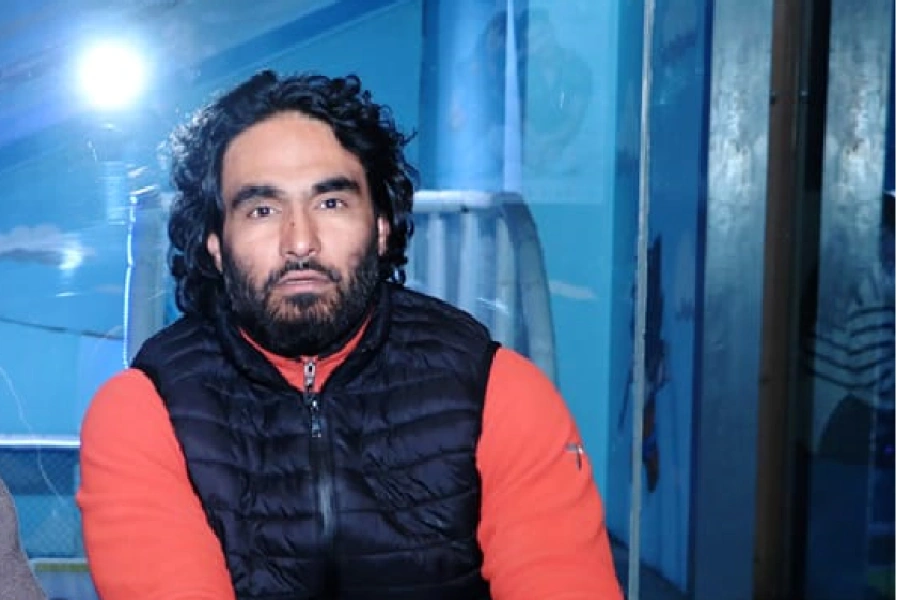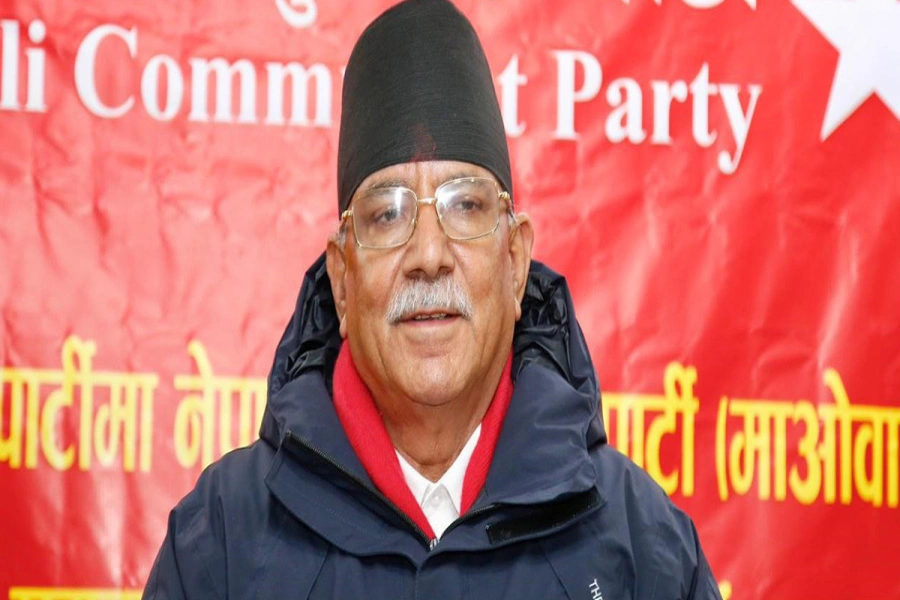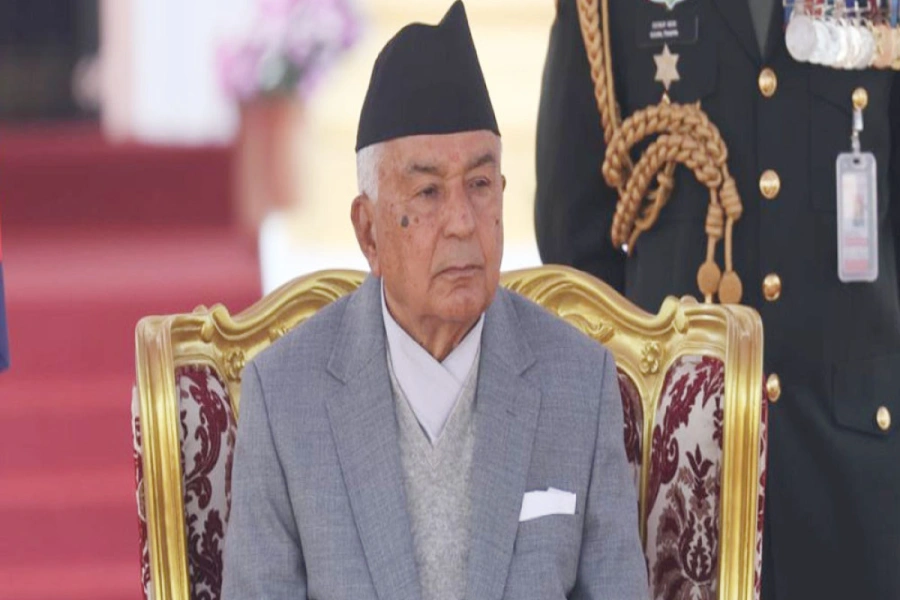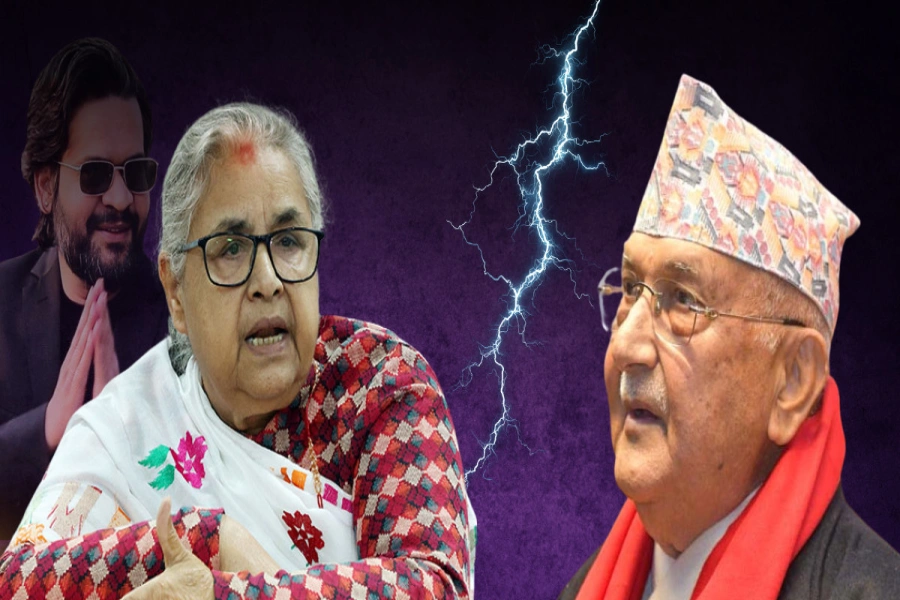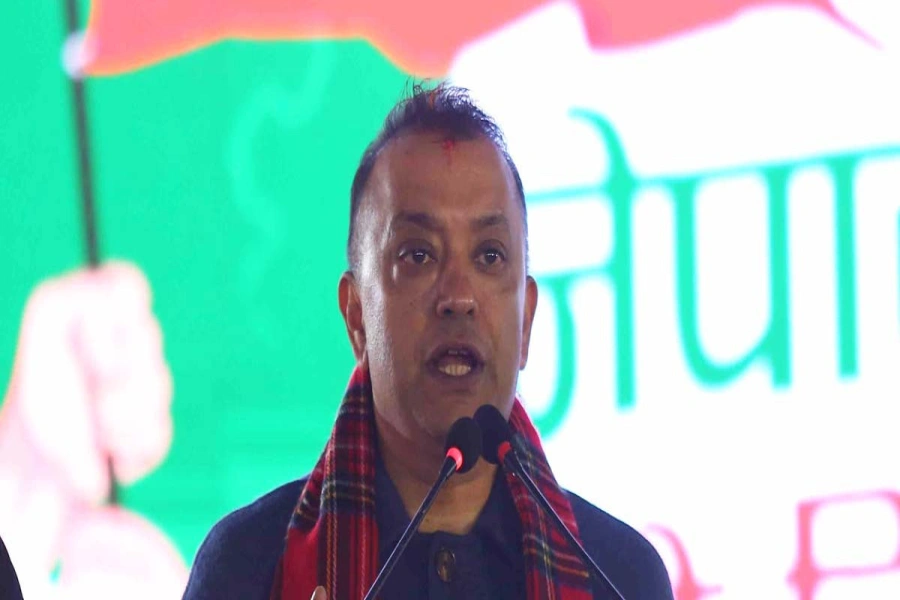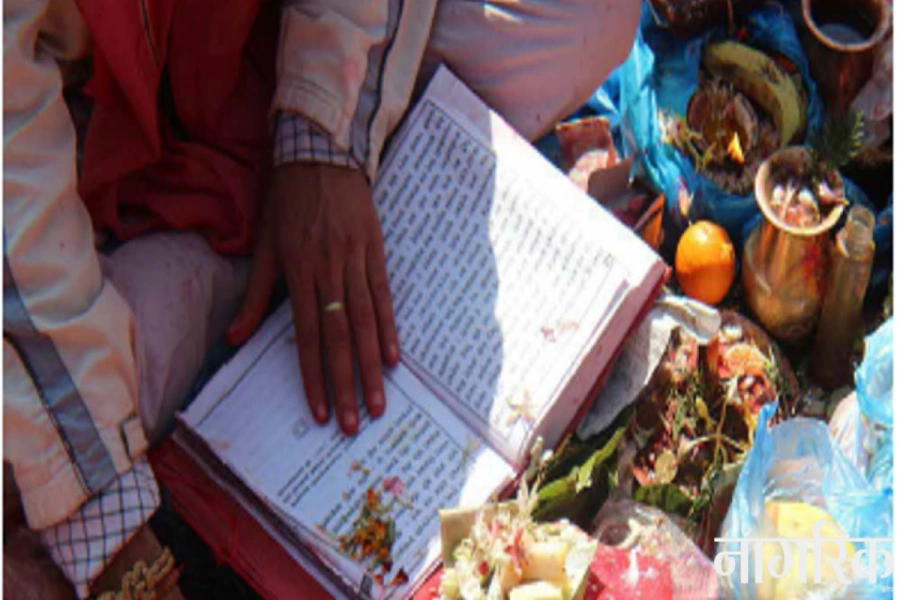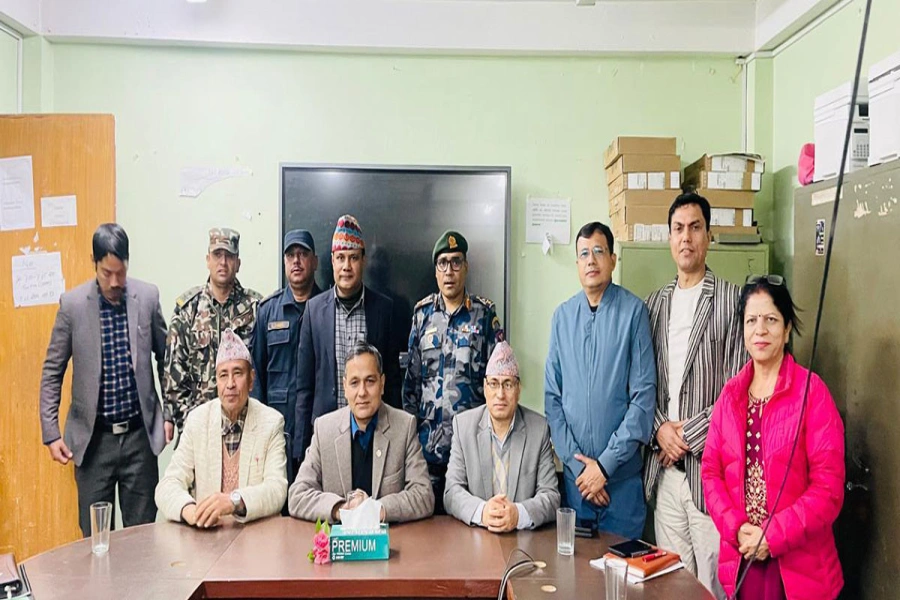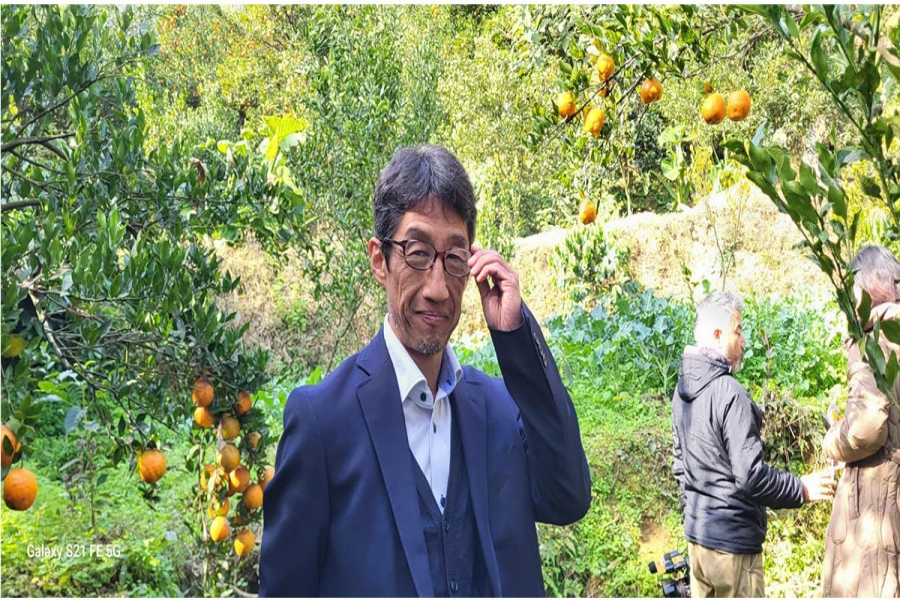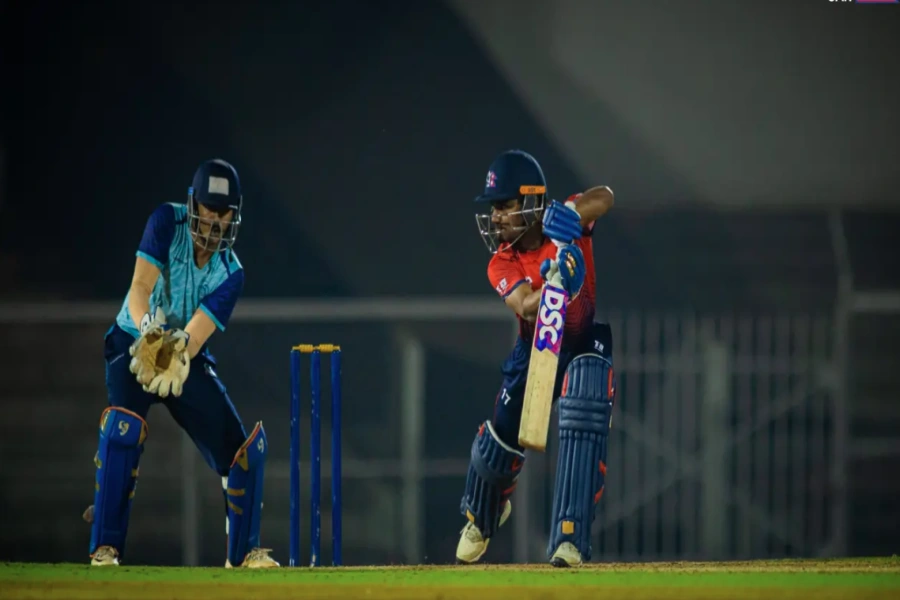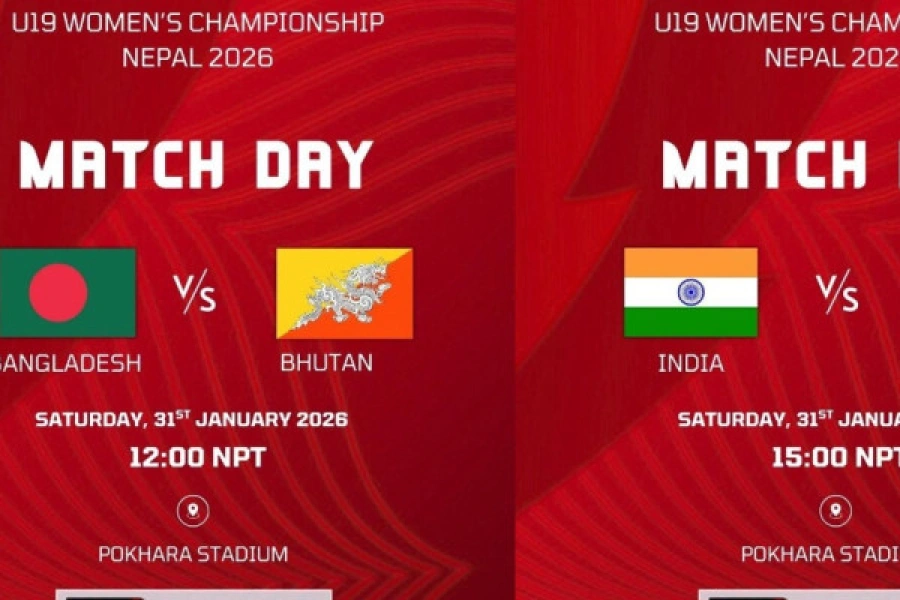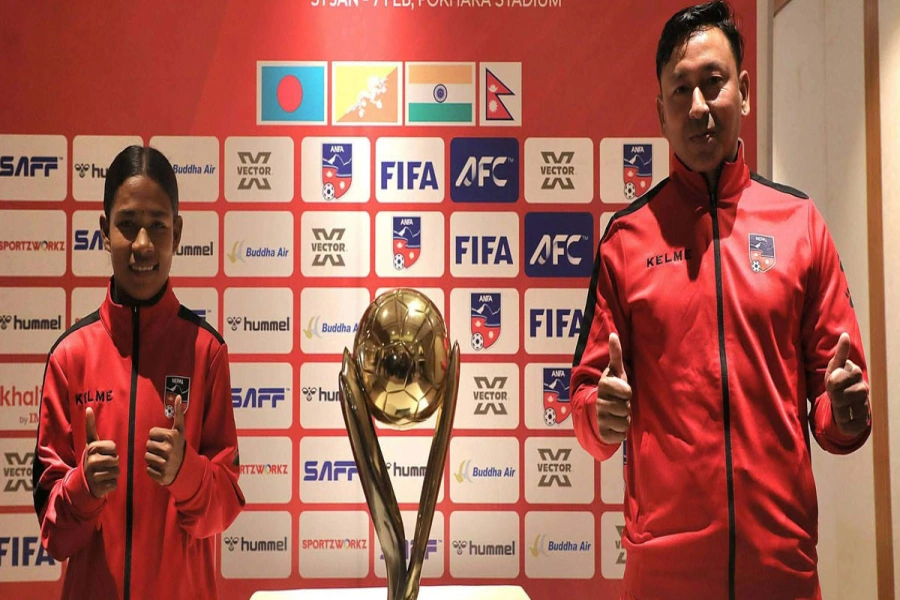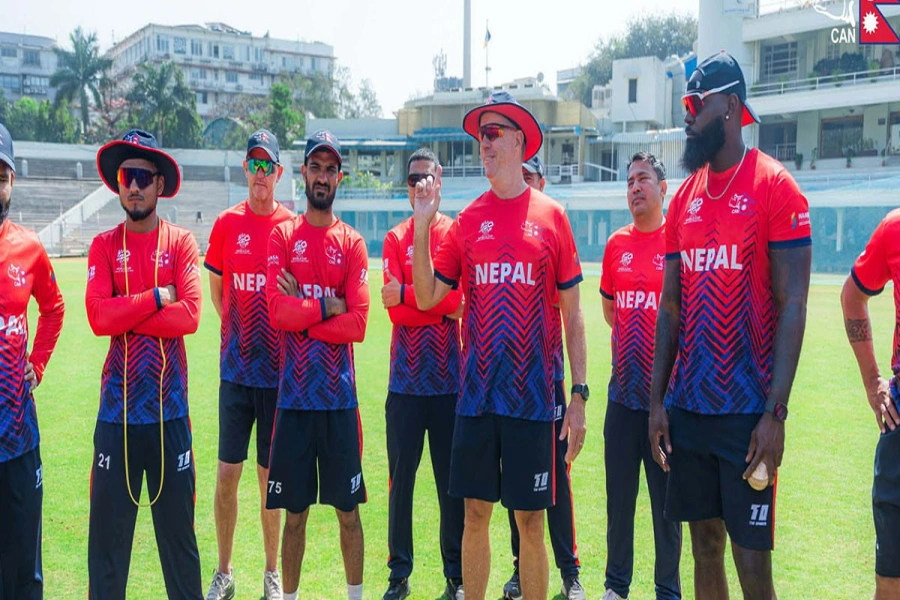Can Nepalis hope that the visit of General Naravane will be instrumental in resolving border controversies between Nepal and India? The onus is on Indian side.
Nepal and India have an unmatched relationship. From providing shelter to the Indian revolutionary figures in Kathmandu during their fight for independence to India providing asylum to King Tribhuvan in Delhi during the movement against Rana autocracy, Nepal and India share the strong historical, cultural and socio-economic ties. However, they have not remained immune to the dark shadows of controversies generated by the factors including the unequal, unscientific and never-revised treaties signed between the two countries ever since the British regime in India, the political interferences and micromanagements in Nepal perpetrated by Indian intelligence system, the economic blockade to the land-locked country time and again, backing the decade-long Maoist insurgency, which took the lives of over 17000 Nepalis, overthrowing the only Hindu monarchy in the world and so on.
The southern neighbor has created a state of never ending unrest here contributing to the void in the neighborly relationship. To say that the strained relations between India and Nepal only arose with the rise of the Communist party in Nepal is totally erroneous. All the major political landmarks of Nepal indicate that there have been times of good understandings and misunderstandings with India.
My mom is worried about controversies

The recent claim and counterclaim over Lipulekh pass is another example of setback responsible for further souring the relations. It restarted in May, 2020 after Indian Defence Minister Rajnath Singh, amidst the COVID19 pandemic, tweeted about the inauguration of a road link to reach KailashManasarovar in Tibet, which traverses territory claimed by Nepal as its own. Meanwhile, the allegation by Indian Army Chief General MMNaravane that Nepal government’s objection came “at the behest” of China fuelled huge protests in streets and anger in social media, despite the countrywide lockdown, asserting that his remarks were rather insulting to the Nepalis, who have spilled blood to protect India's sovereignty by serving in the Gurkha regiment in Indian Army.
The root of controversy lies in the Sugauli Treaty of 1816 signed between East-India Company and Nepal, the only border agreement signed between Nepal and India so far, which states that the origin of Mahakali River is the Indo-Nepal border. The former director of the Department of Survey of Nepal Buddhi N Shrestha claims that the maps from 1850 and 1856 prepared by Survey authorities of India in collaboration with the Nepali authorities, clearly state that the Mahakali River originates from Limpiyadhura, although India insists on the map drawn up by the British government in 1875 to be considered, which allegedly shows the origin of the Mahakali River to the east of Kalapani. Moreover, Shrestha adds that Limpiyadhura, which had a border Pillar Number “zero” is the tri-junction, not Lipulekh as claimed by India.
As a matter of fact, there are currently 157 international tri-points all over the world, and there’s also a practice to mark the tri-junction as ‘zero’ number. Furthermore, based on historical facts, documents, tax receipts, cartographic evidences, census details and hydrological conventions, Nepal has maintained that Limpiyadhura, Kalapani and Lipulekh areas are its sovereign territories. Furthermore, Nepal claims that India has encroached on 372 square kilometers towards Limpiyadhura from Kalapani since the Sino-Indian war of 1962, after which Nepal’s king is said to have granted permission to set up a camp for the Indian army in that region, as a friendly gesture. However, they never left, despite several requests by the then Nepal’s PM, KirtiNidhiBista, to evacuate the camp. At present, India has persistently refused to hold talks citing the ongoing pandemic, despite Nepal’s repeated plea for diplomatic negotiations. The prolonged silence from the Indian side is only going to breed more resentments in the people of both the nations.
There are always ways to sort out the disagreements, once the parties in disagreement sit for talks. The most salient step would be to officially bring together all the four parties—the UK, China, India and Nepal—since the border agreement goes back to the times of colonial rule.
Although Nepal and China have settled their boundary issue with Sino-Nepal Border Agreement in 1961, Lipulekh Pass has been used as a trade route by India and China since 1954, on which they formally made an agreement in 2015, without any consent from the Nepal’s side, despite diplomatic notices to their respective authorities time and again.
Secondly, the revision or replacement of Peace and Friendship Treaty of 1950 as reportedly recommended by the EPGs of both sides can be another way out. Thirdly, owing to the strategic geopolitics of the Kalapani region, a venture for joint sovereignty could be another probable alternative—that is Nepal granting Kalapani enclave on lease to India in exchange of equivalent Indian territory elsewhere, provided neither India intrudes on Nepal’s territorial and political sovereignty, nor Nepal compromises India’s national security issues.
Indian Army General Narvane is going to be felicitated with the honorary rank of General of Nepal Army by President Bidya Devi Bhandari continuing the age-old tradition started from 1950. Can Nepalis hope that the visit will also be instrumental in resolving border issues? The onus is on Indian side.
The author is a Medical Officer at P. T Birta City Hospital and Research Centre,Jhapa




